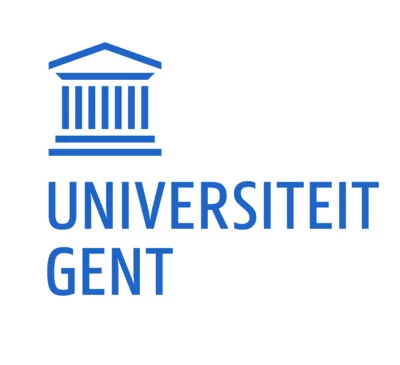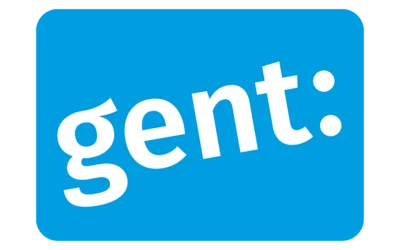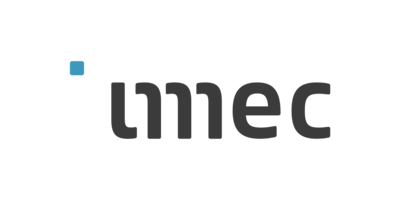
Inclusion in 4D - Thresholds and diversity in dyslexia and dyscalculia
Through this project, the Arteveldehogeschool, together with UGent, the city of Ghent and IMEC, wanted to intelligently combine and actionably visualise the existing knowledge (on thresholds in the life course, determinants, opportunities, context and solutions) on dyslexia and dyscalculia.


There are 23,363 citizens with dyslexia [1] and/or dyscalculia [2] in Ghent. In addition, there are numerous people (educational institutions, librarians, support staff, employers, ...) who do not themselves have dyslexia or dyscalculia but who, professionally (at the counter, ...) or in their environment (leisure time, neighbourhood, ...) from near or far also have to deal with this target group.
The existing knowledge about dyslexia/dyscalculia is fragmented, limited to certain phases of life and, above all, not yet sufficiently intelligently combined. There was a need for more insight into the problems ('thresholds') and into the effective tools (school, finding work, career development, integration in leisure time). Indeed, currently, young people with dyslexia/dyscalculia often still struggle with misunderstanding from certain subject teachers in secondary education. Also, adults with dyslexia/dyscalculia are still less selected for jobs they should actually be eligible for. Recruitments remain mostly based on written exams, where fast reading and error-free writing are crucial. The lesser/deeper vocabulary of people with dyslexia and the difficulty with mental arithmetic or clock reading of people with dyscalculia can then wrongly create the impression that these are 'less sensible' applicants, while they learned to 'persevere', 'use aids' and 'not give up at the slightest setback', something that can be an asset for employers.
City of Ghent therefore just awarded the City of People (CoP) impulse project to 'Inclusion in 4D'. Through this project, the aim was to intelligently bundle the existing knowledge (about thresholds in the life course, determinants, opportunities, context and solutions) about dyslexia and dyscalculia and to visualise it in an action-oriented way. After broad idea generation, efforts were made to converge (focus on one or more problem areas) and to prototype threshold-reducing solutions to miss fewer hidden potentials. A protoype was developed to show employers that they risk missing hidden potentials if they rely solely on standard selection criteria.
The launch of the project was picked up in Specialist and also briefly mentioned in the News Gazette. There was also interest on the regional news on AVS.
There was a closing event on 3 June 2021.
[1] The prevalence of dyslexia is language-dependent. In English-speaking countries, there are 20% people with dyslexia, while in Spanish-speaking countries it is only 3%. For Dutch, it is estimated that there are 6% people with dyslexia. There is comorbidity of 56% with dyscalculia (Light & DeFries, 1995) It is thought to be 15,575 people with dyslexia in Ghent, with 60% being male (Tops et al., 2018).
[2] Furthermore, we know from prevalence studies that there are about 6% citizens with dyscalculia (Swanson, Olide, & Kong, 2018). This would be 15,575 individuals with dyscalculia in Ghent . Some individuals with dyscalculia have spelling problems (50%) or reading problems (17-43; Badian, 1999; Shalev et al, 2000; Shalev, 2004; Stock et al, 2006) on top of their arithmetic disorder.
Partners
Increase your knowledge about dyslexia and dyscalculia
You can read more about the thresholds and diversity in dyslexia and dyscalculia on our website.
Research realisations and publications

Knowledge clip
Succeeding and getting started with dyscalculia. Day of Science, 22/11/2020.

Dyscape room
Digital escaperoom dyslexia and/or dyslexia. Day of Science, 22/11/2020.

Article
It never stops...The impact of dyslexia and/or dyscalculia on the well-being and study of (young) adults and on the transition to the labour market: a compilation of Flemish pilot studies.
Contact the researcher
Work with us?
Request customised research
We are happy to help you formulate your research question and approach.









